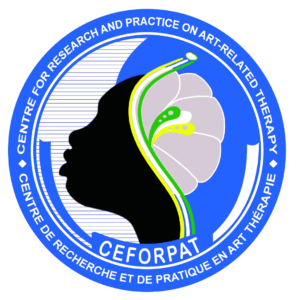Adult and Non-formal Education in Nigeria: A Discipline in Search of Scope and Direction . Get the full PDF
Musa Usman, Augusta O. Okwute, & Hadiza Buhari …………….……………..36-54
The study examined adult education as a field of study which is essential for national development because its relevance cuts across all sectors of the Nigerian economy. Yet despite its relevance in all sectors of the economy, it suffered much neglect and accorded low priority from the colonial to post-colonial governments in Nigeria. Also, as a discipline, it has not been properly subscribed for in the Nigerian tertiary institutions and has not been utilized in the development circle to minimize the many socio-economic problems in the society as emphasis is still placed on the formal education school system. However, positive changes and meaningful development cannot wait for those undergoing the formal school system to finish before solutions are found. The current challenges of globalization and the many socio-economic and political crises bedwelling our nations demand that the scope and curriculum of adult education be restructured to respond to the challenging needs of national development. The researchers adopted a documentary research design for the study. Documents on existing adult education curricula at the undergraduate level in some selected federal universities in the country were used for the study. The choice of the federal university was that adult education as a discipline started with the federal universities. Out of 39 federal universities only 15 are presently offering degree programmes in adult education. However, only 6 of the universities were selected based on the country’s geo-political zone. The researchers adopted a content analysis method for the study, and the choice was purely based on major thematic areas of adult education programmes as contained in the National University Commission (NUC) requirements. The findings of the study revealed that Community Development, Administration and Planning were adequately reflected in all the selected universities, except Women’s Education and Industrial Labour Studies. The study also revealed that ICT, Environmental Education and Cooperative Management were fairly reflected in the universities. Based on the findings of the study recommendations are made which include among other things that adult education as a discipline should properly reflect among other things the prevailing developmental needs of society; and focus on training professional adult educators in Nigerian universities to be in tandem with the contemporary national and global trends.
Keywords: Adult Education, Non-formal education, education managers, & administrators
